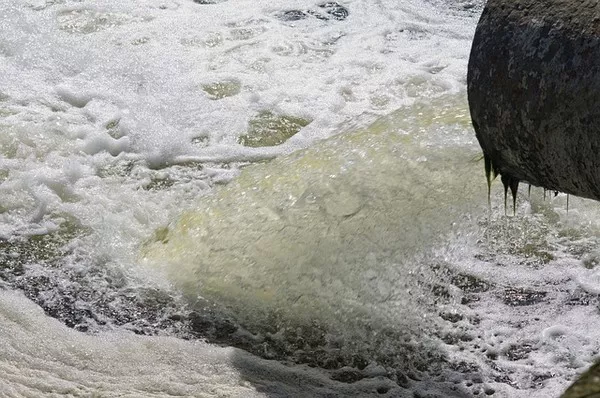Wastewater treatment is a crucial process that helps safeguard the environment by removing pollutants and contaminants from sewage before it is discharged into water bodies. However, this process generates a byproduct known as sludge, a semi-solid residue that requires careful management. Traditionally viewed as a waste material, advancements in technology and a growing focus on sustainability have revealed a range of valuable applications for sludge from wastewater treatment.
Agricultural Benefits:
One of the primary uses of sludge from wastewater treatment is its application in agriculture. The nutrient-rich composition of sludge, which includes nitrogen, phosphorus, and organic matter, makes it an excellent fertilizer and soil conditioner. By recycling sludge onto agricultural lands, not only can the need for synthetic fertilizers be reduced, but soil fertility and structure can also be improved.
Moreover, sludge contains micronutrients such as zinc and copper that are essential for plant growth. When applied judiciously, sludge can contribute to enhanced crop yields, making it a valuable resource for sustainable agriculture. However, careful monitoring and adherence to regulations are necessary to prevent any adverse effects on soil quality and plant health.
Energy Generation:
Advancements in technology have paved the way for harnessing the energy potential of sludge through anaerobic digestion. Anaerobic digestion is a biological process where microorganisms break down organic matter in the absence of oxygen, producing biogas as a byproduct. This biogas, primarily composed of methane, can be captured and utilized as a renewable energy source.
The energy generated from sludge can be used to power the wastewater treatment plants themselves, creating a closed-loop system that enhances operational sustainability. Additionally, excess biogas can be converted into electricity or used as a clean fuel for various applications. This not only reduces the reliance on non-renewable energy sources but also mitigates the environmental impact associated with the disposal of sludge.
Construction Materials:
Innovative approaches have emerged for transforming sludge into construction materials. Researchers have explored the use of sludge in the production of bricks, ceramics, and other construction elements. Through a process known as geopolymerization, sludge can be combined with other materials to create durable and environmentally friendly building components.
These sludge-based construction materials not only provide an alternative to traditional manufacturing methods but also contribute to waste reduction. By incorporating sludge into construction, the industry can move towards a more circular economy, minimizing the environmental footprint associated with both wastewater treatment and construction activities.
Environmental Remediation:
Sludge from wastewater treatment can play a crucial role in environmental remediation efforts. The adsorptive properties of sludge make it effective in removing heavy metals and other contaminants from industrial wastewater. By utilizing sludge as a sorbent material in water treatment processes, the environmental impact of industrial discharges can be mitigated, safeguarding water quality.
Furthermore, the application of sludge in land reclamation projects helps to restore degraded landscapes. The organic matter and nutrients present in sludge support vegetation growth, aiding in the rehabilitation of areas affected by mining or other industrial activities. This dual-purpose approach not only addresses waste management concerns but also contributes to ecological restoration.
Regulatory Frameworks and Challenges:
While the potential uses of sludge are promising, the regulatory landscape surrounding its application must be carefully navigated. Stringent guidelines and standards are in place to ensure that the use of sludge does not pose risks to human health or the environment. Adherence to these regulations is crucial to prevent contamination and negative impacts on soil, water, and air quality.
Additionally, public perception and acceptance of sludge-based products play a significant role in the successful implementation of these practices. Education and communication efforts are essential to address concerns and build confidence in the safety and efficacy of sludge utilization.
See Also What Causes Sewer Smell In Basement
Conclusion:
In conclusion, sludge from wastewater treatment, once considered a mere byproduct, is now recognized as a valuable resource with diverse applications. From enhancing agricultural productivity to generating renewable energy, and contributing to sustainable construction practices, sludge has the potential to play a pivotal role in the transition towards a circular economy.
As technological advancements continue and research expands, the opportunities for sludge utilization will likely grow. However, it is imperative to strike a balance between harnessing the benefits of sludge and mitigating potential risks. With responsible management and adherence to regulatory guidelines, sludge from wastewater treatment can emerge as a cornerstone for sustainable and environmentally conscious practices across various industries.


